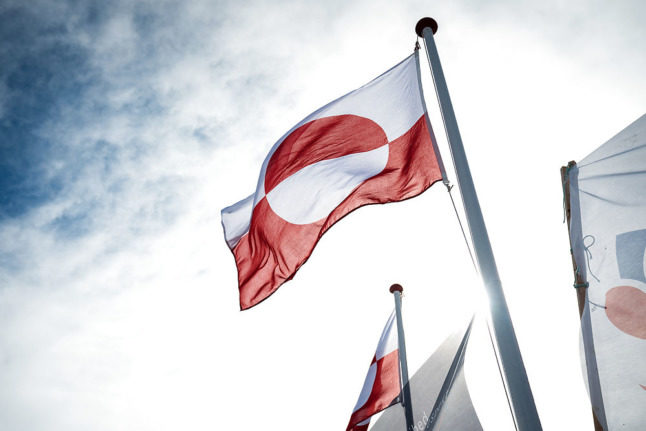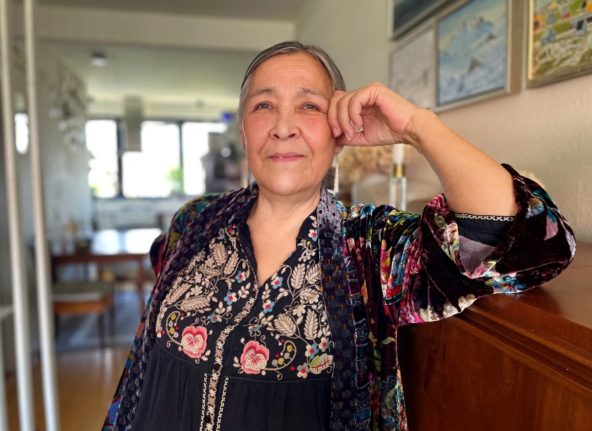The six people are the surviving members of a group of 22 children who were moved to Denmark and cut off from their families in the 1950s in an attempt to bridge the cultural gap between the Scandinavian country and its then-colony.
In Denmark, the children were deprived of contact with relatives and once they returned to Greenland they were not reunited with their parents but instead put in an orphanage. Many of them would never see their families again.
Denmark officially apologised to all 22 in 2020 and the six surviving members will now be paid 250,000 kroner each by the Danish state after a settlement was reached.
The settlement was confirmed in a statement by Denmark’s Ministry of Social Affairs and Senior Citizens on Friday and has since been reported by media in Greenland.
The official intention of the 1950s experiment was to give the children a Danish upbringing and language so that they could later become part of a “Danish speaking elite” in Greenland.
In the statement, social and elderly issues minister Astrid Kragh said she was “pleased the six people will now be given compensation by the state”.
“The relocation of the children is a dark chapter in the history of Greenland and Denmark, and we must not close our eyes to it,” she said.
“What happened had large negative consequences for the children, who lost their language, their cultural identity and their connection to their families,” she added.
The six people who will receive compensation are now aged around 80.
READ ALSO: Denmark apologises to children taken from Greenland in 1950s



 Please whitelist us to continue reading.
Please whitelist us to continue reading.
Member comments